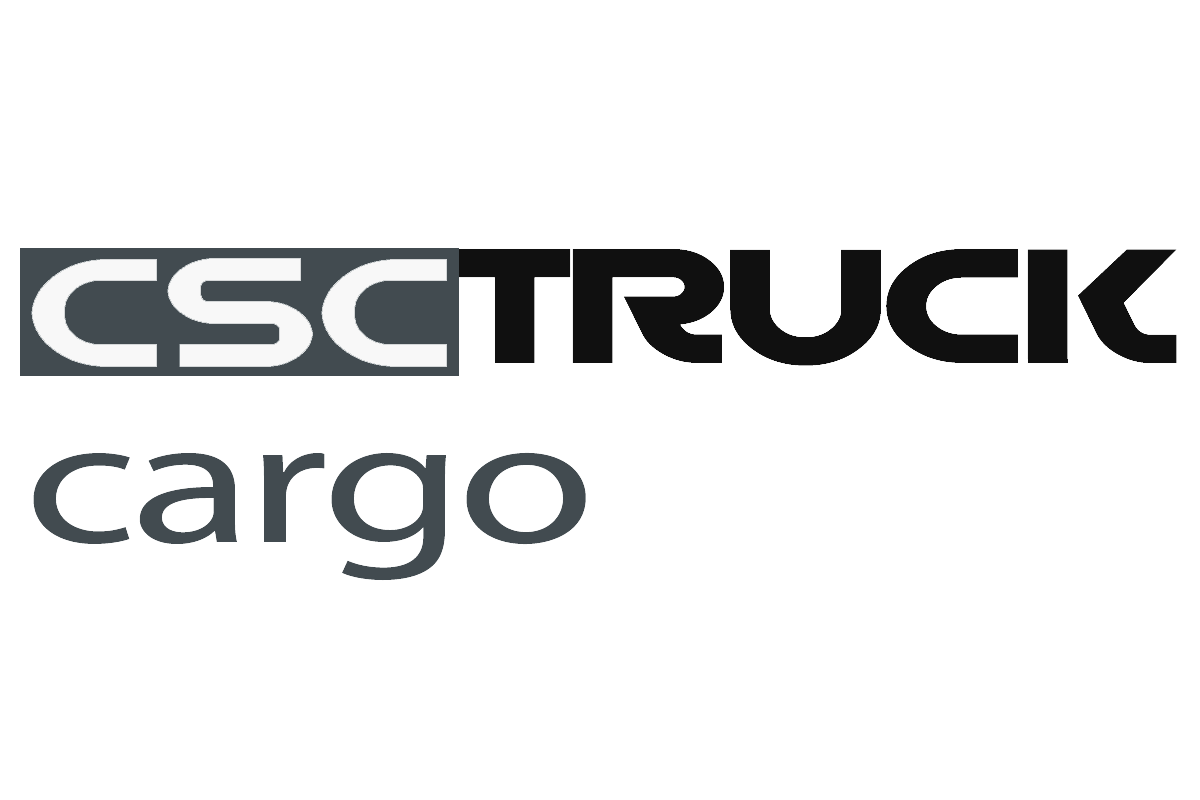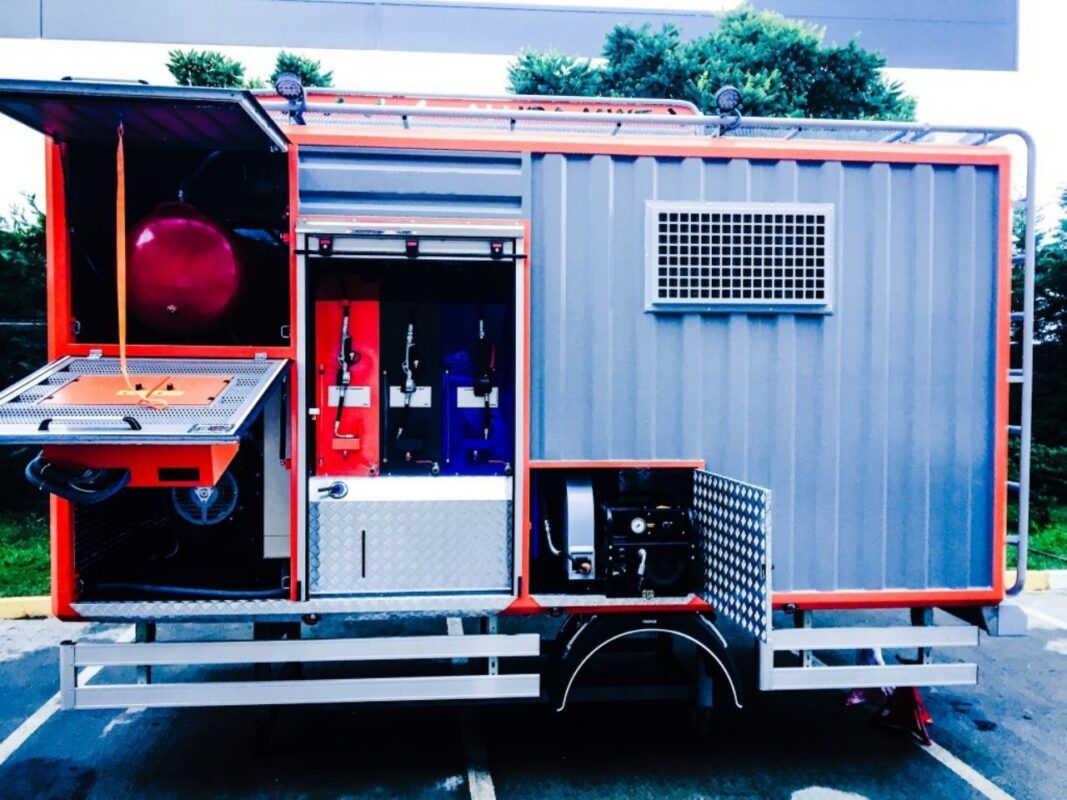1. Strategic Deployment for Rapid Infrastructure Support
Qatar has significantly upgraded its emergency response and maintenance capabilities with the delivery of 15 state-of-the-art mobile workshop trucks, engineered to provide rapid on-site repairs for critical infrastructure projects. Commissioned by the Public Works Authority (Ashghal), these vehicles will service high-priority zones, including Lusail City, Doha Metro expansions, and World Cup 2030 stadiums, ensuring minimal disruption to Qatar’s ambitious development timeline.
The trucks are stationed at strategic hubs in Al Rayyan, Al Wakra, and Umm Salal, operating under a mandate to respond to service requests within 90 minutes. This initiative aligns with Qatar’s National Development Strategy 2024–2030, which emphasizes infrastructure resilience amid rapid urbanization and climate challenges. The deployment coincides with new federal regulations requiring real-time diagnostics for public assets, a standard these mobile units are designed to meet through integrated IoT sensors.
2. Engineering Innovations: Modular Design and Advanced Technologies
Each mobile workshop truck features a 14-meter expandable workspace equipped with robotics arms, 3D printers, and AI-powered diagnostic tools, enabling repairs ranging from electrical grid failures to transportation system malfunctions. The vehicles’ climate-controlled cabins maintain optimal working conditions even during Qatar’s extreme summer temperatures, which regularly exceed 45°C (113°F).
2.1 LED Truck Lighting Systems: Enhancing Nighttime Operations
A standout innovation is the trucks’ adaptive LED lighting systems, which provide 360-degree illumination for nighttime operations while consuming 60% less energy than conventional lighting. During trials at the Hamad Port expansion site, these LED arrays enabled technicians to conduct precision welding and component replacements after sundown, accelerating project timelines by 18%. The lighting’s programmable intensity settings also improve safety during sandstorms, a frequent challenge in Gulf climates.
The trucks further integrate solar panels and hybrid engines, reducing diesel dependency by 50% during stationary repairs. This fusion of sustainability and functionality positions Qatar as a pioneer in mobile industrial solutions, offering a replicable model for arid regions globally.
3. Empowering Local Expertise and Regional Collaboration
The project underscores Qatar’s commitment to building domestic technical proficiency, with 120 Qatari engineers and mechanics completing specialized training in advanced mobile workshop operations. Partnerships with Texas A&M University Qatar and Siemens AG have established certification programs for AI-driven predictive maintenance, ensuring the workforce stays ahead of evolving technological demands.
Regional synergies are expanding under the Gulf Cooperation Council’s (GCC) Infrastructure Modernization Pact, with Kuwait and Oman negotiating shared access to the fleet for cross-border projects. Meanwhile, data collected from the trucks’ operations is being fed into Qatar’s National Asset Management Platform, enabling predictive analytics to extend infrastructure lifespans by up to 25%. This dual focus on skill development and data-driven planning prepares Qatar to meet its goal of 95% infrastructure uptime by 2030.
With service contracts already active for the Al Bayt Stadium and Doha Oasis renewable energy park, these mobile workshops exemplify Qatar’s strategy of blending cutting-edge technology with operational pragmatism. As the nation gears up for the 2030 World Cup, this investment not only safeguards its infrastructure ambitions but also sets a benchmark for agile, sustainable maintenance solutions in rapidly developing economies.

